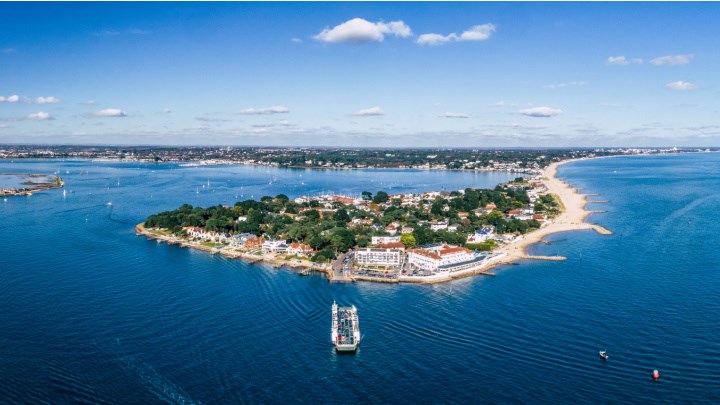Major incident declared in UK’s Poole Harbour following oil leak

A CLEAN-UP operation is under way after about 200 bbls of reservoir fluid, including oil, leaked into the water at Poole Harbour from a pipeline at Wytch Farm oil field in Dorset. The incident, which occurred yesterday in an area designated as a site of special scientific interest, has been branded a major incident by officials who are still investigating the matter.
Poole has the largest natural harbour in Europe and the area includes the Dorset Area of Outstanding Natural Beauty, special areas of conservation, special protection areas, Ramsar sites – wetlands of international importance – and sites of special scientific interest (SSSI). An SSSI is a conservation designation denoting a protected area extremely valuable for its flora, fauna, physiological and geological features.
Poole Harbour Commissioners (PHC), an independent body that regulate the activities of Poole Harbour, said that companies specialising in oil spill response have been mobilised following reports of the leak. In its statement, the group said that according to Perenco, a “small” amount of reservoir fluid – consisting of 85% water and 15% oil – escaped from its pipeline and that, as of late night on 26 March, some of it had already been recovered.
Perenco has reported “no risk” of further leakage after the pipeline was shut down and booms were placed on either side of the leak to minimise pollution. “Early indications are that the surface slick is already dispersing,” the PHC said.
As a precaution, members of the public have been urged not to swim at the harbour or nearby until further notice. Beaches within Poole Harbour should also be avoided, the PHC further noted.
Conservation group Birds of Poole Harbour said the spill was "incredibly worrying" and has asked the public to remain vigilant and report any birds that look in distress. "Right now, huge numbers of birds are on the move… When it comes to an issue like this there are several areas of concern” the group said, adding that at the last survey conducted in early March, 5,450 birds were logged along the southern shore in the spill area.
Poole Habour’s saltmarshes and mudflats are a feeding and breeding ground for seabirds, waders, and wildfowl, while the Dorset Heaths have been described by the UK government as “one of the best examples of lowland heath in the world”. The Poole harbour SSSI was extended in 2019 to include a further 1800 ha of land and sea, and was the first such site to specifically include subtidal areas to protect the feeding areas of internationally important tern populations.
Wytch Farm
Located 27 km from Poole and 10 km from Wareham in the Purbeck district, Dorset, England, Wytch Farm is a mature oil field and processing facility that has been extracting oil and associated gas from the Wessex Basin for more than 40 years.
Previously operated by BP, and now owned by Perenco, an independent Anglo-French oil and gas company, Wytch Farm produces about 14,000 bbl/d of oil equivalent, and is one of the largest onshore oil fields in Europe. It comprises three separate oil reservoirs, known as Bridport, Sherwood, and Frome, and it had estimated reserves of 500m bbls of oil when discovered in 1973.
The oil field underwent development to extend its operational life from 2016 to 2037 back in 2013, however the approval is subject to certain caveats, including the prohibition of fracking wells for shale gas at the field, as well as restoration of the surrounding environment.
Recent Editions
Catch up on the latest news, views and jobs from The Chemical Engineer. Below are the four latest issues. View a wider selection of the archive from within the Magazine section of this site.




